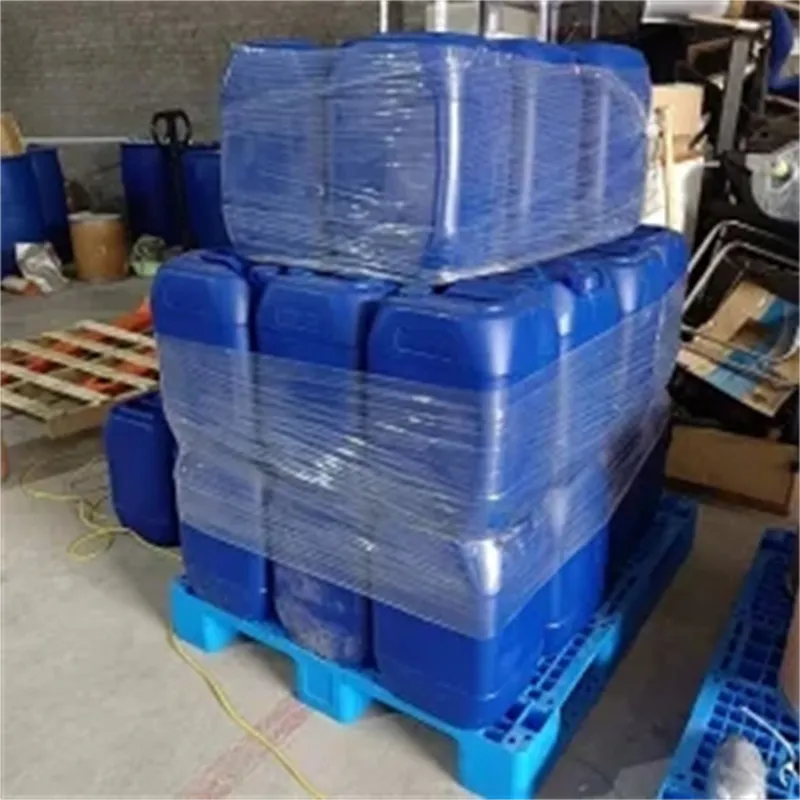
Using Ferrous Sulphate as an Effective Fertilizer for Healthy Plant Growth
The Role of Ferrous Sulphate Fertilizer in Agriculture
Ferrous sulphate, commonly known as iron(II) sulfate, plays a significant role in agriculture as a fertilizer. It is an inorganic compound with the formula FeSO₄ and is essential for plant growth, particularly for crops that require high levels of iron. This article will explore the properties, benefits, applications, and environmental considerations related to ferrous sulphate fertilizer.
Understanding Ferrous Sulphate
Ferrous sulphate is a blue-green crystalline salt that is soluble in water. It is derived from iron and sulfuric acid and exists in several hydrate forms, with heptahydrate (FeSO₄·7H₂O) being the most common. As an iron source, ferrous sulphate is vital for the synthesis of chlorophyll, which is essential for photosynthesis in plants. Without adequate iron, plants can suffer from chlorosis, a condition that results in yellowing leaves due to insufficient chlorophyll production.
Benefits of Ferrous Sulphate as a Fertilizer
1. Corrects Iron Deficiency One of the primary advantages of ferrous sulphate fertilizer is its effectiveness in correcting iron deficiency in plants. Iron deficiency can lead to stunted growth, poor yield, and, in severe cases, plant death. By applying ferrous sulphate, farmers can ensure that their crops receive the necessary iron for healthy development.
2. Enhances Chlorophyll Production Iron is a crucial component of chlorophyll; thus, its availability directly influences a plant’s ability to photosynthesize effectively. Improved photosynthesis enhances the overall growth and productivity of plants, leading to better crop yields.
3. Improves Soil Structure Ferrous sulphate can improve soil structure by promoting the formation of soil aggregates. This improves aeration, water retention, and root penetration, which are vital for healthy plant growth. A well-structured soil fosters a thriving ecosystem for beneficial microorganisms that further enhance soil fertility.
ferrous sulphate fertilizer

4. Economic Benefits Using ferrous sulphate as a fertilizer can lead to cost savings for farmers. By preventing diseases associated with iron deficiency and enhancing crop yields, it offers a high return on investment. Additionally, ferrous sulphate is relatively inexpensive and widely available, making it an accessible option for farmers around the world.
Applications of Ferrous Sulphate Fertilizer
Ferrous sulphate can be applied either directly to the soil or through foliar sprays. The application method depends on the specific needs of the crops and the extent of iron deficiency present in the soil. Soil tests can help farmers determine the appropriate application rate and timing for maximum efficacy.
When applying ferrous sulphate, it is important to consider factors such as soil pH and moisture levels. High pH soils can inhibit iron availability, so ferrous sulphate may be more effective in slightly acidic conditions. Foliar applications can be particularly useful for rapid correction of visible chlorosis in plants.
Environmental Considerations
While ferrous sulphate offers numerous benefits, it is important to use it responsibly to minimize environmental impacts. Over-application can lead to soil acidification and negatively affect soil health. Additionally, runoff from fields treated with ferrous sulphate can pollute nearby water bodies, leading to issues such as eutrophication. Farmers should follow recommended application rates and practices to mitigate these risks.
Conclusion
In conclusion, ferrous sulphate fertilizer is a valuable tool in modern agriculture, especially for addressing iron deficiency in crops. Its role in promoting healthy plant growth through proper chlorophyll production, enhancing soil structure, and improving economic returns makes it an essential component of sustainable farming practices. However, responsible use is crucial to prevent potential environmental issues. By understanding and utilizing ferrous sulphate effectively, farmers can ensure a more productive and sustainable agricultural future.
-
Pure Sodium Dichloroisocyanurate Dihydrate | Powerful DisinfectantNewsAug.29,2025
-
Industrial Chemicals: Quality & Purity for Every IndustryNewsAug.28,2025
-
Nitrile Rubber Honoring Strict Production StandardsNewsAug.22,2025
-
Aspartame Ingredients Honoring Food Safety ValuesNewsAug.22,2025
-
Fertilizer for Balanced Plant NutritionNewsAug.22,2025
-
Cyanide Gold Processing with High Purity AdditivesNewsAug.22,2025
-
Formic Acid in Textile Dyeing ApplicationsNewsAug.22,2025
Hebei Tenger Chemical Technology Co., Ltd. focuses on the chemical industry and is committed to the export service of chemical raw materials.
-

view more DiethanolisopropanolamineIn the ever-growing field of chemical solutions, diethanolisopropanolamine (DEIPA) stands out as a versatile and important compound. Due to its unique chemical structure and properties, DEIPA is of interest to various industries including construction, personal care, and agriculture. -

view more TriisopropanolamineTriisopropanolamine (TIPA) alkanol amine substance, is a kind of alcohol amine compound with amino and alcohol hydroxyl, and because of its molecules contains both amino and hydroxyl. -

view more Tetramethyl Thiuram DisulfideTetramethyl thiuram disulfide, also known as TMTD, is a white to light-yellow powder with a distinct sulfur-like odor. It is soluble in organic solvents such as benzene, acetone, and ethyl acetate, making it highly versatile for use in different formulations. TMTD is known for its excellent vulcanization acceleration properties, which makes it a key ingredient in the production of rubber products. Additionally, it acts as an effective fungicide and bactericide, making it valuable in agricultural applications. Its high purity and stability ensure consistent performance, making it a preferred choice for manufacturers across various industries.





